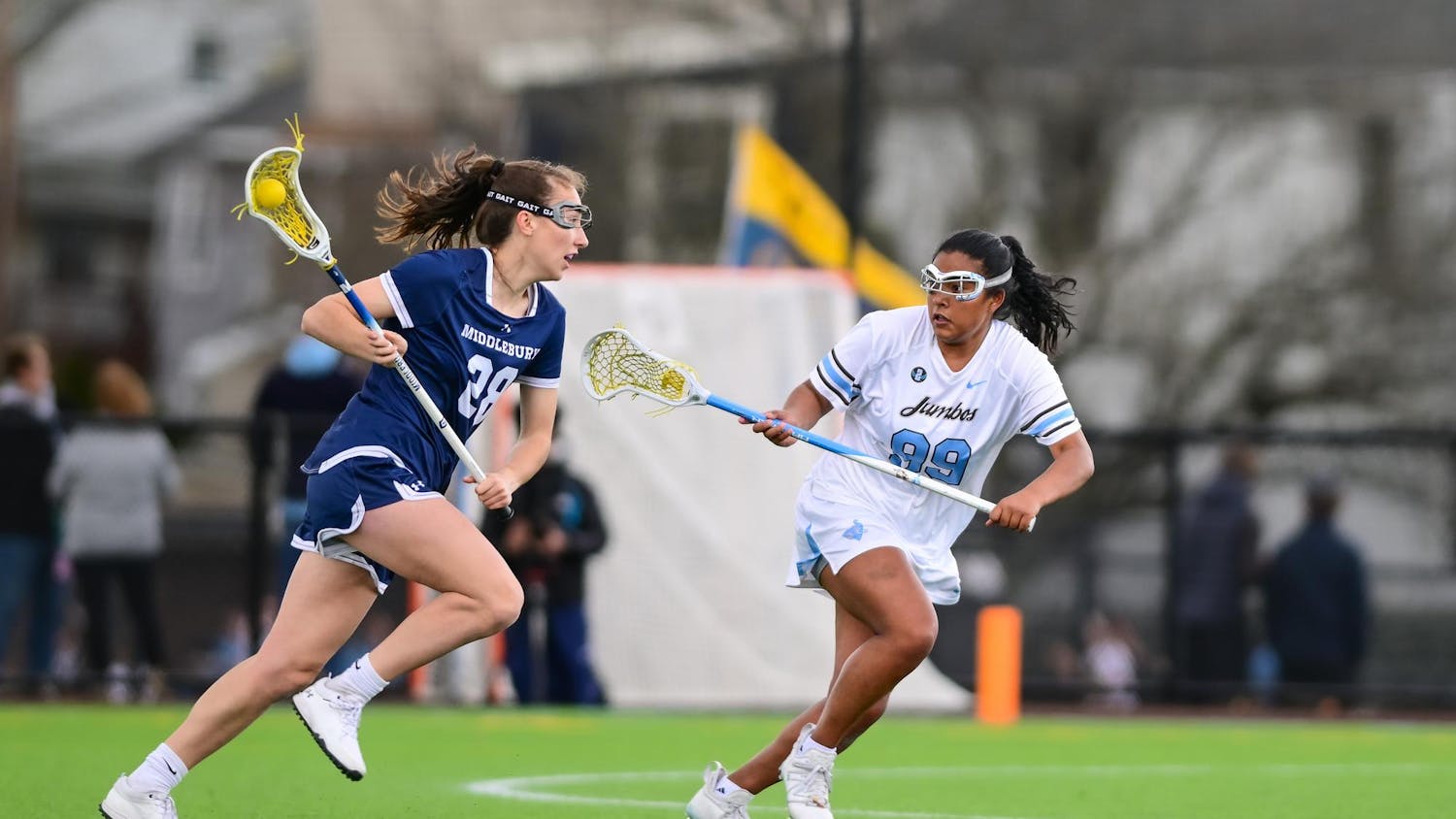For all the agony that Manchester United fans have had with the new way Louis van Gaal has his team playing, we have to admit it is working.
So what of this “van Gaal philosophy,” then? Days of the swashbuckling Manchester United running riot down the wings with waves of attacks on the opposition can now almost be condemned to history. In its stead, Louis van Gaal looks to have United keep the ball, working it around slowly as they attack in different phases from the back before moving into the final third. By controlling the ball, United prevents the opposition from having it as they look for a way to draw the defenders out.
But it did not always work last season. United struggled to kill off teams despite having the bulk of the possession. The team did not create enough chances, and more defensive resolute teams would know how to be tight at the back. The defeat against West Bromwich Albion at Old Trafford last season, for example, saw United having 80 percent of ball possession but suffering a 1-0 defeat. Similarly, they had 70 percent of the ball at Stamford Bridge and still lost to Chelsea on an Eden Hazard goal.
Yet what’s improved so much this season is the injection of pace into the United front line. The pace and movement of Memphis Depay and Anthony Martial, as well as the return to form for Luke Shaw from left back, adds significant speed to their attack. In particular, Martial’s daringness to take players on and his strength on the ball adds a very complete -- albeit still raw -- presence to the United front line. This allows considerably slower players like Juan Mata and, with respect to Martial, Wayne Rooney to then drop deeper and drift around behind the front line to try and pick them out. This was similar to the way the 2013-14 Liverpool team almost delivered the Premier League title back to Anfield – the movement of Luis Suárez, the pace of Daniel Sturridge and Raheem Sterling and the genius of Philippe Coutinho and Steven Gerrard that allowed Liverpool to dominate the ball.
Key to the success of this philosophy for United is the integration of Daley Blind into the back line. While the Phil Jones-Chris Smalling partnership worked as United qualified for the Champions League, United lacked someone who could play out from the center of defense, arguably the first phase of United’s attack. Blind adds a different element by allowing the team to look for the short option playing out from the back, or hit it long more accurately to split open opposing defenses. This was evidenced when Blind marauded forward and found Rooney leading up to the first goal against Ipswich and when Blind assisted on Memphis’ strike against PSV. It effectively allows players like Michael Carrick and Ander Herrera, as well as Bastian Schweinsteiger and Mordan Schneiderlin, to have more influence with their passing abilities further up the field to advance United’s attack, as their manager would like to call it, in the second and third phases.
To the United fans clamoring for the return to the old ways, get used to this new way of United domination. Not as swashbuckling as Fergie's teams of old, but by the looks of it, effective enough.
More from The Tufts Daily





